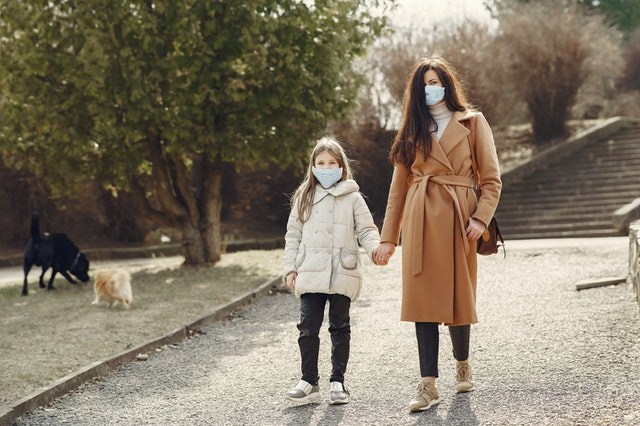A new study in two Belgian schools has shed new light on the extent of circulation of the new coronavirus (Covid-19) among children.
Health institute Sciensano and researchers at the KU Leuven university studied 362 schoolchildren and found that a higher number than expected had developed antibodies against Covid-19.
Overall, the results of the study showed that a total of 34 children, or more than 9%, had developed antibodies for the coronavirus, suggesting a previous infection.
Related News
- Over half of infections in Flemish schools found in second and third grade
- Coronavirus: Belgian schools will reopen after extended autumn break
- More info needed on vaccines before planning can start, warns De Croo
"The results from the blood samples show that children are more susceptible to catching the coronavirus than we initially thought," Corinne Vandermeulen, KU Leuven professor, said.
The risks children had of becoming infected were higher if they lived in an area where the virus was widely circulating and if they had close contact with someone who was infected, typically within their family.
The study involved children from ten schools in the Flemish towns of Pelt and Alken, in the eastern Limburg province, from whom blood and saliva samples were collected as well as information about their close contacts.
Alken was chosen for the study because it was among the hardest-hit localities in Belgium during the first wave, while Pelt recorded a small number of infections overall.
Antibodies were found in 14.4% of children from Alken and in 4.4% of Pelt pupils. The study also found that the difference between younger children in primary and older secondary school pupils was minimal.
In Alken, where the virus circulated more widely, researchers found that 13.3% of primary school students had been infected, compared with 15.4% of students in the first three years of secondary school.
In a statement, Sciensano noted that studies mapping the presence of antibodies in health workers and blood donors usually found antibodies in that less than 10% of study subjects, saying these studies "probably underestimated the virus' real spread."
The study authors said that a majority of children who had developed antibodies had had close contact with someone in their family circle who was infected with the virus, rather than at school.
"Children are therefore not spared by the coronavirus, especially in places with high circulation, such as in Alken," Vandermeulen said. "It is reassuring, however, that the infected children were not seriously ill."
Gabriela Galindo
The Brussels Times

